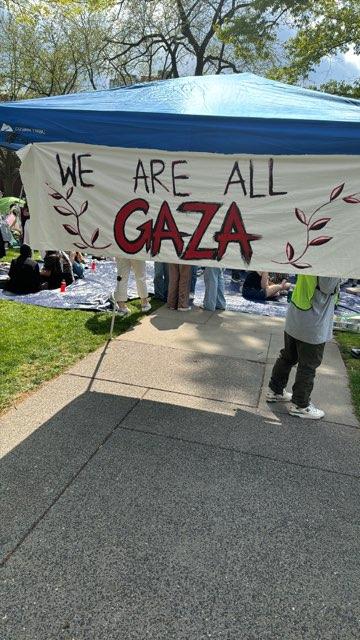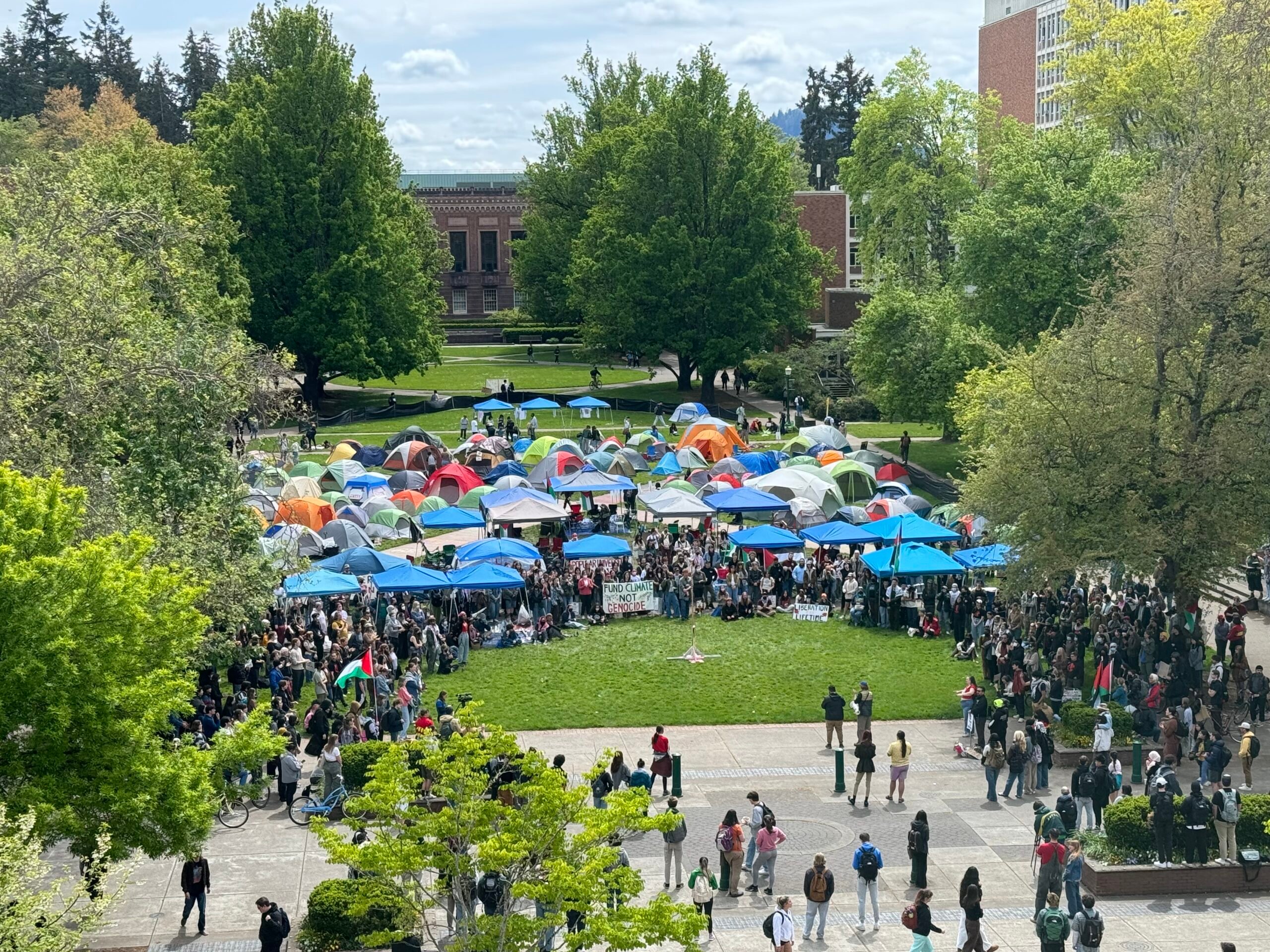In the hustle and bustle of our daily lives, it’s easy to overlook the countless blessings that surround us. Thanksgiving Day serves as a poignant reminder to pause, reflect, and express gratitude for the abundance we often take for granted. As Jews, our tradition extends beyond the annual feast, delving into the profound concept of the Korban Todah, the thanksgiving offering, which prompts us to acknowledge not only the overt miracles but also the subtle interventions of divine providence in our lives.
The roots of our thanksgiving offering tradition can be traced back to the Temple era, where the Korban Todah was presented by individuals who encountered personal miracles. Rashi (Vayikra 7:12), delving into the nuances of this offering, highlights scenarios such as successful journeys over treacherous terrain, liberation from imprisonment, and recovery from debilitating illnesses. While these may not rival the extraordinary miracles, such as the parting of the Red Sea, they undeniably signify divine intervention and fall into the realm of “hidden miracles” or nes nistar.
Rabbi Yissocher Frand challenges the perception of what constitutes a miracle. Though the situations listed above may not fit the conventional mold of miraculous events, they unmistakably reveal the hand of God guiding us through life’s challenges. Modern examples, like medical advancements enabling swift recoveries from life-threatening conditions, illustrate the ongoing nature of these hidden miracles. Despite their frequency, such occurrences remain nothing short of miraculous, reminding us of the continuous divine involvement in our lives.
The obligation to express gratitude to the Almighty extends beyond what we may perceive as overt miracles. The Talmud (Brachos 7b) recounts Leah’s historic expression of thanks upon the birth of her fourth child, Yehuda, marking the first instance in history where gratitude was extended for a hidden miracle (Bereshit 29:35). Prior to Leah, offerings and expressions of gratitude were reserved for open miracles, emphasizing a shift in perspective toward appreciating the subtler interventions of the divine in our lives.
As we celebrate Thanksgiving Day, it serves as a call to mindfulness regarding the miracles, both apparent and concealed, that unfold daily. Whether it’s our health, relationships, or the routine aspects of our lives, nothing should be taken for granted. The Gemara’s directive to recite 15 blessings during our morning prayers echoes the importance of acknowledging and appreciating the phenomena of each new day (Brachot 60b). From the moment we rise throughout the seemingly mundane events of the day, each is a testament to the miraculous nature of our existence.
The sages advise reciting blessings (brachot) to express gratitude for the everyday experiences we often take for granted. For instance, there are blessings for seeing a beautiful tree, encountering a wise person, witnessing a rainbow, and even relieving oneself. The emphasis here is on cultivating a mindset of gratitude by acknowledging the seemingly mundane aspects of life as blessings worthy of recognition.
The Baal Shem Tov is often associated with teachings that highlight the divine presence in all aspects of life. His philosophy encouraged followers to recognize the miracles within the mundane. Rabbi Menachem Mendel of Kotzk was attributed with teachings which often conveyed the idea that every moment is an opportunity for connection with the divine.
While we may not physically present thanksgiving offerings in a Temple, the essence of gratitude endures. Thanksgiving Day—and every day—beckons us to recognize and be grateful for the daily miracles, both open and hidden, woven into the fabric of our lives. Through this lens of appreciation, may we find fulfillment in acknowledging the divine providence that shapes our journey and fills our lives with blessings.
Rabbi Dr. Avi Kuperberg is a forensic clinical psychologist and a member of the American Psychology-Law Society. He is the coordinator of bikur cholim/chesed at Congregation Torah Ohr in Boca Raton, Florida. He can be reached at [email protected].











